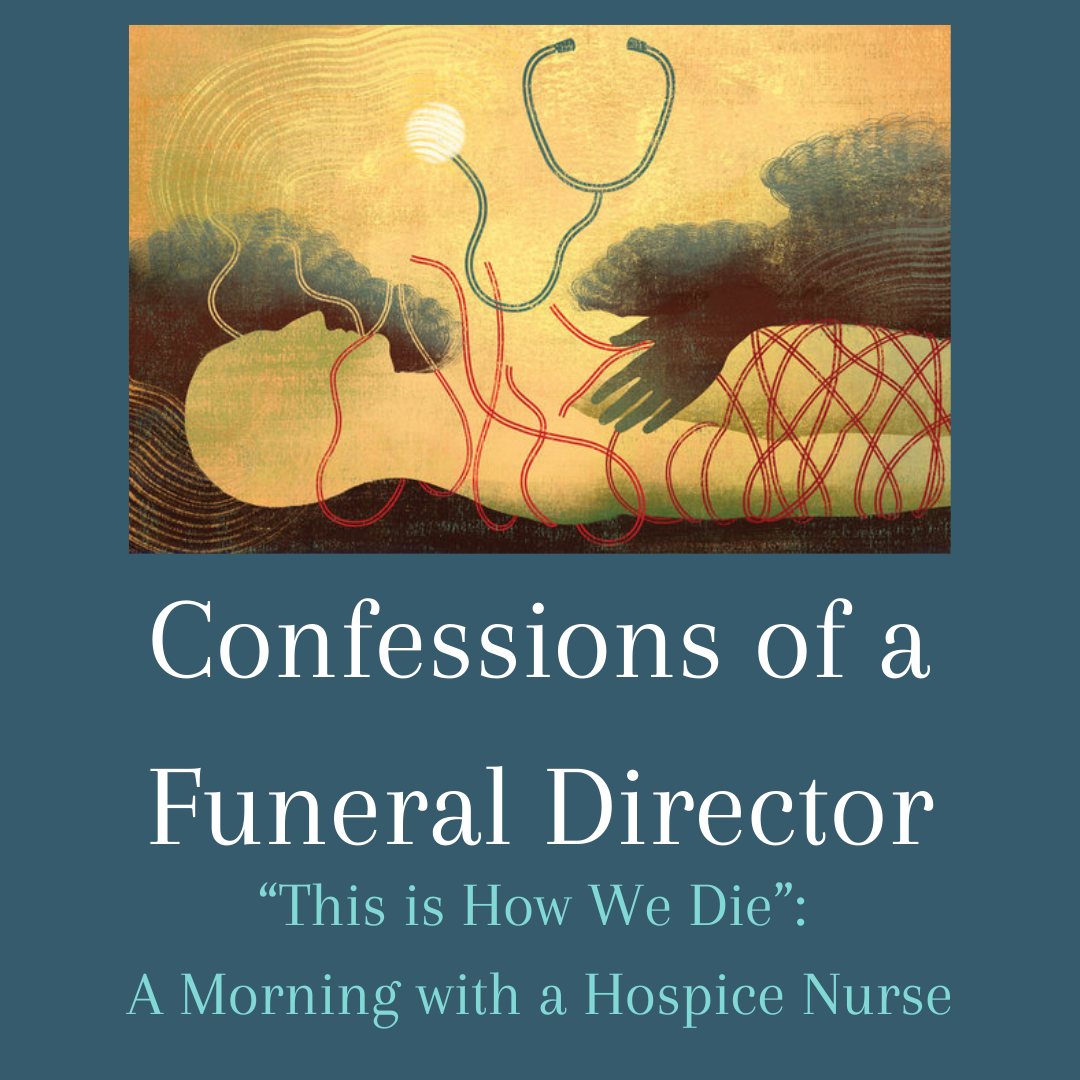Around kitchen tables and in living rooms in homes across the country, more Americans are beginning to have that difficult conversation – discussing their end-of-life wishes. While it's important for loved ones to know the level of care and support you want at the end of life, it also is imperative that we talk about the process of death and dying.
It's a fact that no one wants to talk about dying. In our culture, death is viewed as the enemy to be fought at all costs. Yet, death is a natural experience we all will face one day. Rather than denying its existence, Barbara Karnes, RN, author of well-known patient and family education materials, including the book Gone From My Sight, national speaker and former hospice nurse, believes knowledge about the dying process will reduce fear associated with it.
"The dying process frightens most of us because we have little real experience with death. Not knowing what to expect naturally causes fear," Karnes said.
"Most cultures have embraced death as a part of life for centuries," she said. "Western cultures, however, too often view death as a failure. As a result, death is not talked about nearly enough, leaving families woefully unprepared when a loved one is dying."
She added, "From the emotions to the logistics to the recognition of the signposts of the dying process, we all could use some instruction."
Karnes offers her insights on three things families need to know when a loved one is dying:
-
A gradual death follows a certain pattern
There are two ways people die, a fast death or a gradual death. A fast death means a person died suddenly, perhaps from a heart attack, car accident or suicide. A gradual death comes as a result of illness or old age. Gradual death has a process and follows an almost identical timeline from one person to the next.
Understanding the changes that occur throughout the dying process and knowing what to expect can give families a sense of comfort knowing what they see happening with their loved one is normal. -
Dying is not a medical event
While pain and symptoms of a disease should be controlled throughout the dying process, most medical interventions have ceased. Dying is not a medical event, but a communal event. Personal interactions with loved ones are the priority. This is a time to share memories, correct mistakes and say "I love you" and "goodbye." -
Each person dies in their own way, with limited control
A person who is dying has a certain amount of control over their dying process. One person may want to die surrounded by loved ones and even wait until loved ones arrive, while a private person may want to die alone. A protective parent or spouse may wait until their loved one(s) leave the room.
"We can't take the sadness out of death, but neutralizing fear with knowledge about what to expect when a loved one is dying can help change a potentially negative experience into a more positive one," Karnes said.
For more information about the process of dying or the books in Karnes' End of Life Guideline Series, visit www.bkbooks.com.
About Barbara Karnes, RN
Barbara Karnes, RN, is an expert and nationally respected thought leader, counselor, speaker and author on matters of living with a serious illness, understanding the dying process and grieving. She is the authority to explain the dying process to families, healthcare professionals and the community at large.
As a hospice nurse, Karnes was at the bedside of hundreds of people before they died. The consistency in the dying process combined with the similarity in questions asked by each family were the impetus for writing Gone From My Sight, the first source for patient and family education about the dying process. She has written three other booklets and a book to address the needs of patients and families across the continuum of care from living with a serious illness and dying to grief.
Contact:
Emily Barry
Media Relations Supervisor
Transcend Hospice Marketing Group
ebarry@hospice-marketing.com
419.241.2247







